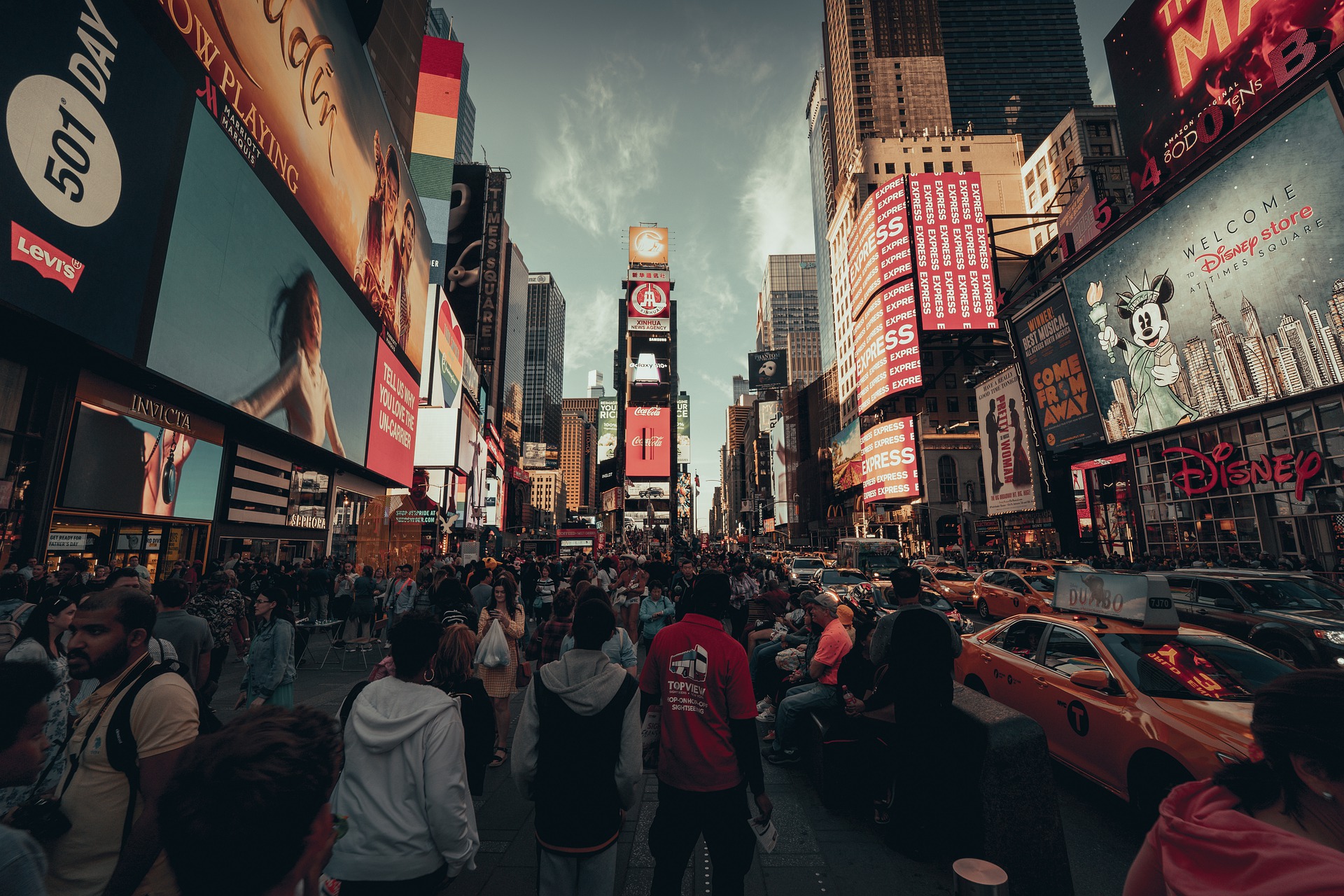

Summary
• In this week’s elections, US voters are saying they want no more Covid-related restrictions.
• This bodes well for an accelerated return to normal consumption spending and a wholesale shift from goods to services spending.
• We shed our reticence to recommend travel and leisure ETFs, believing the economy will fully reopen in coming months and people increasingly turn to live entertainment and travel.
Investment Recommendation
• We recommend investors overweight the JETS, AWAY, and PEJ ETFs, which focus on travel and entertainment, and underweight XRT, which focuses on the retail (and goods) sector.
• These ETFs will benefit as long as the economy continues to reopen and normalize.
• The primary risks are a major Covid resurgence and the economy falling into recession.
This article is only available to Macro Hive subscribers. Sign-up to receive world-class macro analysis with a daily curated newsletter, podcast, original content from award-winning researchers, cross market strategy, equity insights, trade ideas, crypto flow frameworks, academic paper summaries, explanation and analysis of market-moving events, community investor chat room, and more.
Summary
- In this week’s elections, US voters are saying they want no more Covid-related restrictions.
- This bodes well for an accelerated return to normal consumption spending and a wholesale shift from goods to services spending.
- We shed our reticence to recommend travel and leisure ETFs, believing the economy will fully reopen in coming months and people increasingly turn to live entertainment and travel.
Investment Recommendation
- We recommend investors overweight the JETS, AWAY, and PEJ ETFs, which focus on travel and entertainment, and underweight XRT, which focuses on the retail (and goods) sector.
- These ETFs will benefit as long as the economy continues to reopen and normalize.
- The primary risks are a major Covid resurgence and the economy falling into recession.
We have been negative on the goods-oriented retail sector since early June. This was on the premise that as the economy reopens more broadly, consumer spending will shift from goods to services. We recommended investors underweight the retail ETF XRT versus the S&P 500 ETF SPY in early June. So far, the trade has worked out well, with XRT underperforming by 7% (Chart 1).
Until now, we hesitated to recommend services sector ETFs. Few pure-play service ETFs are available other than ones that focus on recreation and travel – subsectors that have not fully participated in the reopening so far or that have been subject to other pressures.

We are ready to shed our reticence. This week’s election results, where Republicans captured the Virginia governorship and bluest of blue New Jersey nearly went red, send us a clear message: people are sick of living with Covid restrictions and vaccine mandates. They are suffering from Covid fatigue and just want to get on with normal life even if it means living with Covid – a carrot that Republican candidates offered and voters eagerly gobbled down.
$400bn+ Could Shift from Goods to Services
How much money are we talking here?
Disposable income has returned to its pre-Covid trend based on the 2014-early 2020 period (Chart 2). With no further Covid stimulus coming and President Joe Biden’s social infrastructure proposal likely facing further cutbacks (if not outright collapse), disposable income will revert to trend. Consumption is still modestly above trend, as consumers spend out of savings. Goods consumption has flatlined in 2021 but remains far above trend.
Pre-Covid, services accounted for 68.5% of consumption spending; now it is 65.5%. If spending returned to pre-Covid patterns, annual services spending would rise $481bn with goods falling a similar amount. It is not a question of if this shift happens, but when and by how much. So far, the shift has been gradual, but we think it could soon accelerate.
Time to Add Travel and Leisure ETFs
We recommend investors increase exposure to the service sector by overweighting the JETS, AWAY and PEJ ETFs.
In the pre-Covid era, these ETFs lagged the S&P 500, partly because of a sluggish economy and partly due to tech sector strength (Chart 3a). And they clearly lagged after Covid hit when spending on services collapsed. In 2021, performance has been more mixed. PEJ has benefited from exposure to so-called meme equities; JETS and AWAY have tried to recover as the economy verged on fully reopening before the delta wave, only to falter. The runup in oil prices is the latest headwind (Chart 3b). As spending shifts more toward services, these ETFs should benefit.

JETS holds equities of the major US airlines. In 3Q earnings calls, airlines have indicated expectations of a strong holiday season and rising air travel in 2022 by businesses and consumers. The big near-term issue is the cost of jet fuel, which will probably hurt 4Q earnings. But airlines express confidence they can pass higher fuel costs to passengers. Another risk is that ongoing weather-related disruption makes people more likely to avoid discretionary air travel.
AWAY holds equities in internet and tech-based travel companies. These include Uber and Lyft, Airbnb, Trip.com, Webjet, and Expedia. Any significant upturn in travel should benefit many companies in its portfolio.
PEJ holds equities in leisure-related companies. These include chain restaurants, casinos, movie theatres, entertainment venues and theme parks. It had a wild ride in 2021, soaring early in the year and in June on the fortunes of the meme stock AMC. A further turn to live entertainment and travel to destination resorts will benefit companies in the PEJ portfolio.
Underweight Goods-Oriented XRT ETF
We recommend overweighting these ETFs and underweighting the retail ETF XRT, which is heavily oriented toward goods. We would not underweight the broader SPY ETF, as it should benefit from exposure to the growth and tech sectors.
These ETFs’ primary risk is the economy sinking into a recession, which hurts income and stunts spending on leisure activities. The second risk is a major resurgence of Covid. Given how many people are now vaccinated, this risk appears low; a new variant is probably necessary to spark a renewed major wave of Covid infections.
Over a 30-year career as a sell side analyst, John covered the structured finance and credit markets before serving as a corporate market strategist. In recent years, he has moved into a global strategist role.
